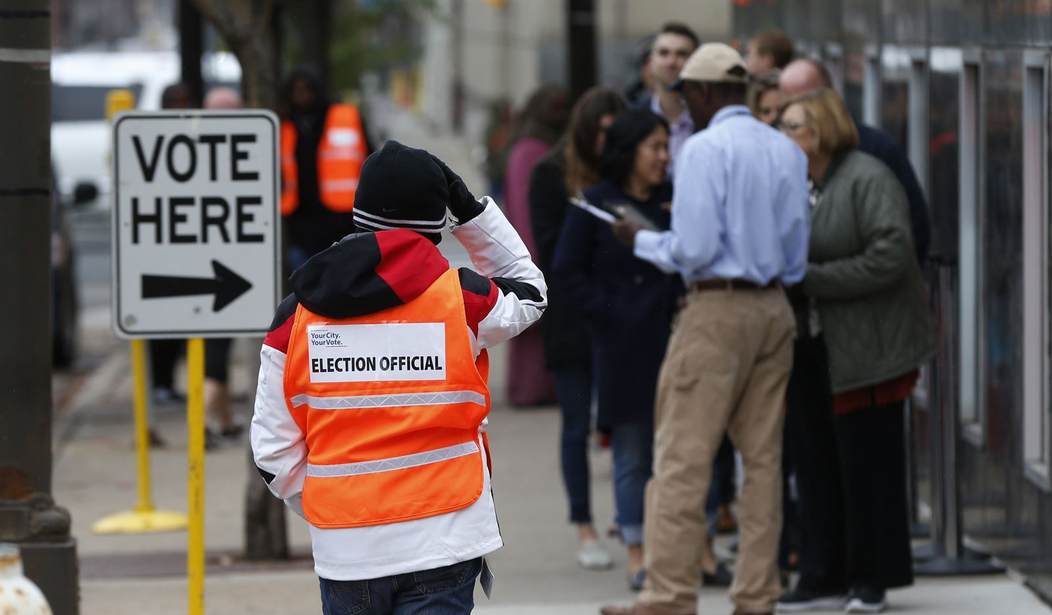It's no secret that America's political system is badly broken, so ScottRasmussen.com decided to find out what voters think is wrong.
We began by exploring what voters think is needed to create and maintain a healthy political system. Four items were deemed "Very Important" by at least 7 out of every 10 voters: freedom of speech (77%), having political leaders who respect voters (76%), checks and balances between branches of government (73%) and freedom of religion (71%).
Five other items were considered Very Important by a majority of voters: freedom of the press (63%), clear limits on what the government can do (62%), political leaders who are willing to compromise (61%), respect for people with fundamentally different views (61%) and limits on taxation (54%).
Next, we asked whether each of those items is present in America today. We found that most voters believe three of those nine Very Important attributes are missing in America today.
-- By a 25% margin (59% to 34%), voters do not believe our political leaders respect American voters.
-- By a 29% margin (61% to 32%), voters do not believe we have political leaders who are willing to compromise.
-- By a 9% margin (51% to 42%), voters do not think most Americans have respect for people with fundamentally different views.
It's interesting to note that all three have to do with attitudes guiding the political process. It's not about the mechanisms of government or violation of rights; it's about the people engaged in the process of governing.
That same frustration is evident in other data showing just 27% believe the federal government primarily serves the interest of the American people. More than twice as many -- 60% -- believe it primarily looks out for its own interests. In other words, a solid majority of voters see the federal government as a very powerful special-interest group.
Recommended
The perceived self-interest of those in the political game is found repeatedly in our survey work.
-- Eighty-two percent of voters believe the top leaders of federal regulatory agencies often use their position to pursue their own personal agenda. Voters believe that, rather than serving the public interest, these officials are intent on imposing their standards on the rest of the nation.
-- Fifty-three percent of voters think it is somewhat likely that their own representative in Congress trades votes for cash. Only 23% are confident that their representative isn't cashing in like that.
Add it all up and it's easy to see why just 18% of voters trust the federal government to do the right thing most of the time. This is not something new. It's been 47 years since a majority of voters trusted the federal government.
Not coincidentally, that ongoing distrust coincides with the explosive growth of the regulatory state that began in the 1970s. A key objective of the regulatory state was to free government officials from accountability to voters. The unsurprising result has been a broken political system in which political leaders do not need to respect the voters.
Making the regulatory state more accountable is essential to creating a healthier political system. But we don't need a new set of rules. We need something even more difficult to obtain, something we haven't seen among the political elites for a very long time -- respect for the American people.

























Join the conversation as a VIP Member